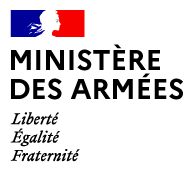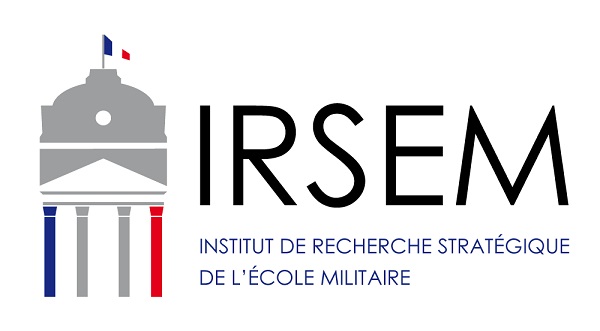The research team is divided in 6 areas
- Euro-Atlantic region - Russia
- Africa - Asia - The Middle East
- Armament and economy of defence
- Defence and society
- Strategies, norms and doctrine
- Intelligence, strategy foresight and influence
Euro-Atlantic region - Russia
Euro-Atlantic region - Russia - analyses the strategic and geopolitical changes in North America, Europe, Russia and Eurasian region which includes Eastern Europe (Moldavia, Ukraine, Belarus), South Caucasus (Armenia. Georgia, Azerbaijan) and the five countries of central Asia. It focuses on the competition for power in this area, the developments in the role of NATO, maritime security and strategies of influence.
Photo credit : Lionel Monnier
Africa – Asia – The Middle East - analyses the strategic and geopolitical developments in Africa, Asia and the Middle East, on the following transversal axes: political authoritarianism and economic liberalisation in emerging countries; the role and the status of armed forces and security devices in the functioning of States and societies; strategic issues and regional security; ideologies, nationalism and the reinstatement of regional interstate equilibrium.
Photo credit : Lionel Monnier
Armement and economy of defence focuses on economic factors linked to defence, and to a greater extent, has the vocation of dealing with strategic issues resulting from technological developments, accessibility problems to natural resources and those linked to environmental concerns. Research work in the area is based on a multidisciplinary approach, that is both qualitative and quantitative, using various scientific fields: economy of defence, history of technologies, geography.
Photo credit : Lionel Monnier
Defence and society is at the interface of specific problems that affects the military world and societal changes the former is faced with. The priority topics are as follows: the link between the civil society and the military forces, sociology of military personnel, integration of women in armed conflicts, relations between political power and military institution, renewals of forms of engagement, socialisation and integration of young people, rise in radicalism. In addition to its research activity, the subject "Defence and society" also intends to explore the defence issues in the civil society, amongst all its stakeholders, including the academic field.
Photo credit : Lionel Monnier
Strategies, norms and doctrines has as its objective to study contemporary armed conflicts, in particular in terms of their political, military, legal and philosophical aspects. The research topics developed in the completed projects and events are on international law, with particular focus on technological challenges (cyber, artificial intelligence, robotics), doctrines of deterrence, arms control with the fight against proliferation and nuclear disarmament. The transformations in international relations and their power and security challenges as well as the philosophy of war and peace are also part of the study field.
Photo credit : Lionel Monnier
Intelligence, Strategy foresight and Influence
Inteligence, strategy foresight and influence leads the research focusing on the "knowledge and anticipation" strategic function, highlighted by the Defence white paper since 2008. This programme firstly aims to contribute to an improved comprehension of intelligence intended in the widest sense of the word (that is as information, process, activity and organisation all at the same time); it then aspires to contribute to analytical approaches, particularly in the anticipation field; finally, it focuses on the different aspects of war known as "hybrid", in particular information manipulation. The subject moreover contributes to strengthening the hybrid nature of the IRSEM by issuing notes at the intersection of academic research and the analysis open source intelligence.




























